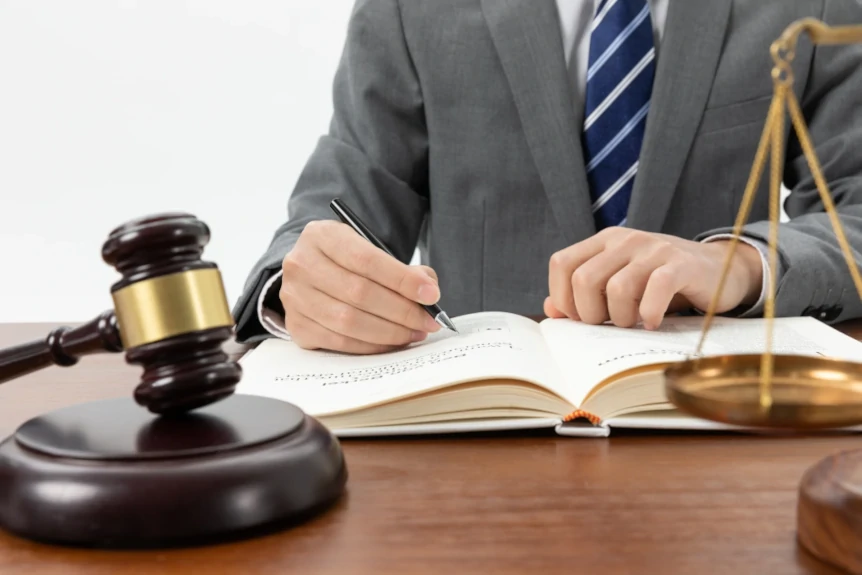Sub-leasing of commercial premises
28 April 2023
In a recent decision, the Court of Cassation recalled that:
- An irregular commercial sublease does not in itself cause a prejudice to the lessor, who cannot therefore act in liability against the lessee. (Cass., com., March 8, 2023, n°20-20.141)
This unpublished decision is an opportunity to review the conditions of validity of a sublease in commercial leases and the complex relationship between the lessor, the principal lessee and the sublessee.
1 – Conditions for subletting commercial premises
Article L 145-31 of the Commercial Code establishes a principle of prohibition of subleasing: “Unless otherwise stipulated in the lease or agreed by the lessor, any total or partial sublease is prohibited.”
It is thus a derogatory regime to the common law since under the terms of article 1717 of the civil code, the subletting of a lease is authorized in principle.
In commercial matters, subletting remains possible, subject to :
- that the lessor authorizes this sublease (a),
- that the lessor be invited to participate in the act (b).
These two conditions, provided for in the aforementioned article, are cumulative, the Paris Court of Appeal having had occasion to point out that the clause in a commercial lease providing that the lessee will be personally responsible for subletting does not exempt him from calling on the lessor to assist in the subletting. (CA Paris, February 26, 2020, n° 18/05192)
(a) The lessor’s authorization may be in writing: It may be provided for in the lease agreement or be the subject of a rider.
(Attention: In case of renewal of the commercial lease, the authorization to sublet must be reproduced in the contract of the renewed lease).
It can also be tacit, when it results from a clear and unequivocal attitude of the lessor. For example, an express authorization given by the lessor to the sublessee to carry out work is equivalent to tacit approval of the sublease.
(b) The lessor must also be invited to participate in the act and thus be informed of the terms of the sublease and the identity of the sublessee.
In practice, the tenant must inform the landlord of his intention to sublet by extrajudicial act or by registered letter with acknowledgement of receipt.
Within 15 days of receiving this notice, the lessor must indicate whether he intends to participate in the act and in the absence of a response from the lessor, his agreement is considered given.
2 – The relationship between the lessor, the principal lessee and the sub-lessee
a) The relationship between the principal lessee and the sub-lessee
The relationship between the tenant and the sub-lessee is essentially governed by the rules governing the relationship between a landlord and tenant.
However, the principal lessee may not give its sublessee more rights than it has itself.
Regarding the duration of the sublease, it cannot be longer than the residual duration of the main lease, the Court of Cassation having therefore logically recognized that it could be of a shorter duration than the main lease (Cass., 3rd civ., March 17, 2016, nº 14-24.748)
The activities carried out by the sublessee must also be identical to those carried out by the principal lessee, unless expressly authorized by the lessor.
b) The relationship between the lessor and the principal lessee
The lessor will be able to ask the main tenant to readjust the amount of the main rent when the rent of the sublet is higher than the price of the main rent.
He may therefore request an increase equal to the amount of the overage.
On the side of the principal lessee, the latter remains liable to the lessor for damages committed by the sublessee as if he himself occupied the premises and remains liable for the payment of his own rent.
It is also important to note that if the primary tenant has sublet the entire premises, it loses its right to renew the lease, which is conferred on the sub-lessee.
In case of irregular subletting, the lessor will be able to act against his main tenant and ask :
- or the acquisition of the resolutory clause if the sublease is sanctioned by said clause in the lease contract,
- or the judicial termination of the main lease (, 3èmeciv., March 12, 2002, n°97-20.472), the breach was considered serious enough to justify a termination.
Termination of the lease agreement will result in termination of the sublease agreement.
The lessor may also refuse to renew the lease.
c) The relationship between the lessor and the sub-lessee
In principle, there is no direct legal relationship between the lessor and the sublessee, but the lessor has a direct action against the sublessee in the event of non-payment of the principal rent, within the limit of the sub-rent under article 1753 of the Civil Code (Cass., 3rd civ., 19 February 1997, n° 95-12.491, published in the bulletin)
The sub-lessee will have a right to renewal that it can exercise directly against the lessor.
In the event of an irregular sublease, the lessor can neither request the cancellation of the sublease contract, nor act directly in eviction against the sublessee (Cass., 3rd civ., February 1, 2012, n°10-22.863, n°10-23.818 and n°11-10.027, published in the bulletin).
He can therefore only act against his principal tenant.
However, if the lessor obtains the termination of the lease contract and the sub-lessee remains on the premises, the lessor may of course take direct action against the sub-lessee and thus obtain his eviction for occupation without right or title.
***
According to the decision of the Court of Cassation dated March 8, 2023, the lessor claimed compensation from the sublessee, even though it was an accomplice to the breach of the lease, for the loss of the sub-rent that it considered it should have received.
However, the Court of Cassation ruled that the proof of a prejudice resulting from the subletting was not established since the subletting had ended before the premises were returned and it was not demonstrated that the amount of rent paid by the subletter would have exceeded the amount of rent due by the main tenant.
Irregular subletting alone does not therefore constitute a prejudice in itself, and requires the lessor to intervene directly with his principal lessee to obtain the termination of the lease and compensation for the prejudice suffered, whether it be material or financial.































































